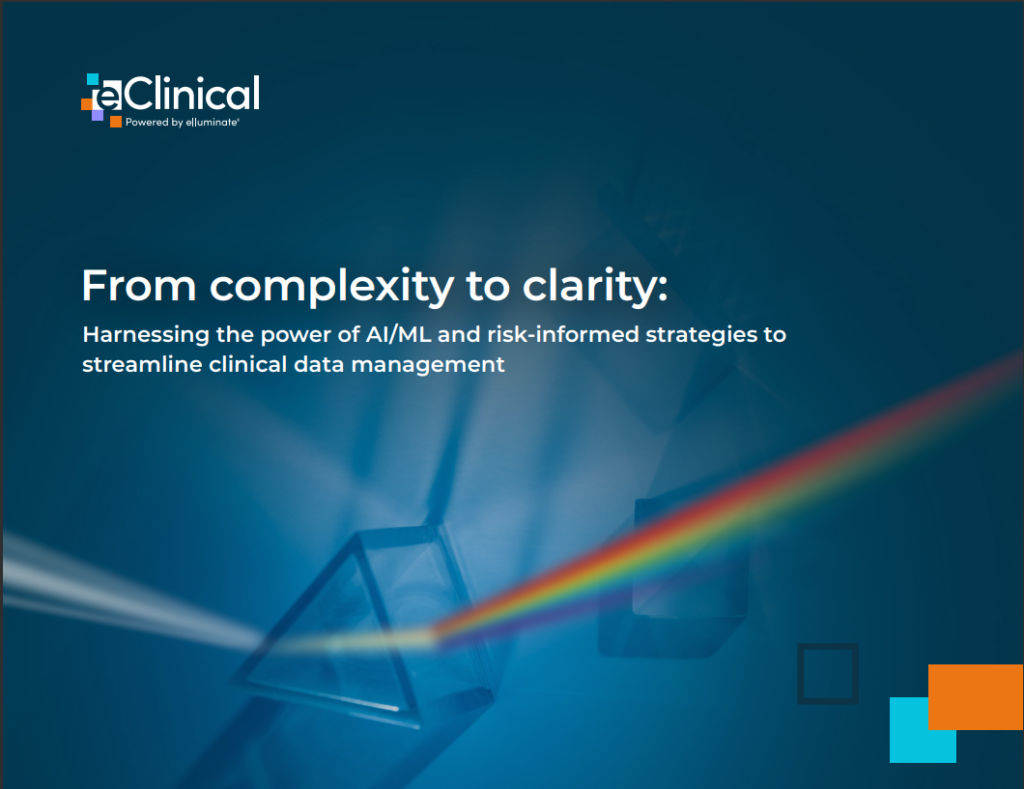In 2023, geopolitical events, extreme weather, economic instability and other disruptions prompted many executives to scrutinize their supply chains. The verdict of this audit? Too many organizations still lack access to high-quality, trustworthy supply chain information, including supplier data that enables informed financial reporting.
Lack of supply chain visibility and financial transparency will prove increasingly problematic as resilience becomes a more critical competitive advantage in the new year. Biden’s most recent executive order (EO) regarding supply chain operations foreshadows the importance of heightened transparency and adaptability in 2024. Many experts believe the EO will necessitate redoubled investments in data hygiene, including accuracy and inter-organizational sharing capabilities.
Fortunately, superior supplier data is more achievable than ever, thanks to recent AI and machine learning (ML) advances. Moreover, the ROI offered by AI solutions in the procurement space is undeniable. Let’s review the progress that AI-backed data solutions made in 2023 and assess how superior data quality can address some of the most pressing procurement challenges this year.
Supplier data in the rear-view
Low-quality data is a significant stumbling block for financial progress. According to Kearney, procurement actions represent 30% of a company’s revenue (50% for manufacturing organizations). Without accurate spending or sourcing data, financial opportunities — and losses — are a black box. Worse, siloed data makes communication between the procurement and finance departments difficult. Six in ten leaders say a lack of transparency into suppliers is a significant source of risk, and 45% cite manual data entry processes as the primary culprit of these concerns.
Manual data collection, analysis and validation present several challenges, including:
- Inaccuracies. Supplier data fluctuates rampantly, and humans cannot keep up. Realistically, that means manually updated data systems will be outdated a significant portion of the time. At best, this leaves room for error in judgment and instills a severe lack of trust in organizational data. At worst, it leads to poor decision-making, extended project delays and regulatory risk.
- Steep costs and inefficiencies. Organizations attempting to mitigate the ramifications of inaccurate supplier data may adopt piecemeal solutions, including manual data entry platforms. Additional resources are also required to review and assess data quality and completeness — which has a direct impact on the bottom line. Furthermore, manual data synthesis elongates project timelines. In 2022, it took the average organization five weeks to identify an alternative supplier.
- Missed opportunities. Without access to accurate, updated supplier data, leaders cannot make advantageous sourcing decisions. Take, for example, duplicative spending. Multiple departments often contract with the same supplier — but without cohesive data about these transactions, leaders cannot collectively bargain, obtain better spending agreements or understand their overall financial picture.
These hurdles prohibit many organizations from competing or scaling appropriately. The solution? A modern approach to vendor management and supplier data.
Achieving data excellence with AI
In 2023, GenAI and large-language models (LLMs) sparked renewed interest in AI. These developments led many forward-thinking leaders to assess how other AI and ML systems could assist operations.
In the procurement department, AI-based solutions can speed, scale and improve the data collection, verification and validation processes. At the most basic level, an AI and ML-based supplier data foundation improves data quality and trustworthiness by continuously validating and updating all vendor information — including existing data from existing enterprise systems, or data lakes, and new, incoming data.
Access to trustworthy data on an organizational scale is imperative. Consider the amount of supplier information an organization interacts with daily. Each vendor touchpoint generates more data, creating the possibility for (1) duplicative records or (2) conflicting information. Leaders should avoid both scenarios at all costs.
Duplicate data is expensive to store, contributing to nearly $600 billion in global bad data costs annually. Meanwhile, conflicting data results in confusion among different teams. For example, one department may have terminated its relationship with a supplier while another continues to contract with them — leaving financial leaders to muddle out the correct reporting and billing information, an expensive and tedious process.
An AI and ML-based procurement data foundation can identify duplicate data and conflicting records by constantly reassessing internal systems (ERPs, S2Ps) and external systems (vendor portals, websites). Redundant data can be merged while conflicting data is arbitrated and automatically sorted. A robust supplier data foundation will also provide information about data trustworthiness. If the system cannot confirm the most relevant or timely data with 100% accuracy, the unconfirmed information is flagged. As a result, all data becomes more reliable and actionable.
The imperative of robust supplier data in 2024
Superior supplier data will be a critical priority for organizations in 2024. With geopolitical and economic uncertainty ahead, supply chain resilience and financial transparency are more important than ever. AI will be essential for unlocking these key advantages. By continuously validating and enhancing supplier data, AI systems build trust and position organizations to better navigate challenges.
Though AI tools sparked new interest in 2023, their application for supplier management will prove genuinely transformative in the year ahead. With AI, leaders can access the timely, reliable data required to drive growth and outcompete rivals — even in the most turbulent times.
About the Author

Stephany Lapierre is the Founder and CEO of Tealbook. A lifelong entrepreneur, Stephany spent 10 years building a successful strategic sourcing and procurement consulting firm and it sparked her desire to solve the supplier data problem. Stephany is passionate about establishing the gold standard for supplier data and making it accessible to every large organization, which is why TealBook’s Supplier Data Platform automates the collection, verification, and enrichment of supplier data across any data lake or enterprise system. TealBook is a leader in procurement technology and has been chosen by Spend Matters as one of their “50 Vendors to Know,” named a top 100 solution by ProcureTech, and recognized as a “Cool Vendor” by Gartner.
Sign up for the free insideAI News newsletter.
Join us on Twitter: https://twitter.com/InsideBigData1
Join us on LinkedIn: https://www.linkedin.com/company/insidebigdata/
Join us on Facebook: https://www.facebook.com/insideAI NewsNOW





Speak Your Mind